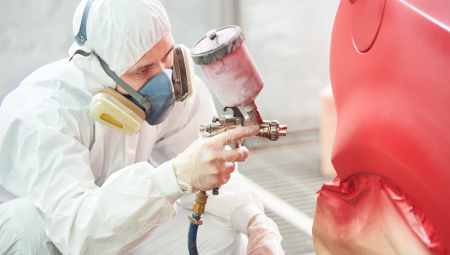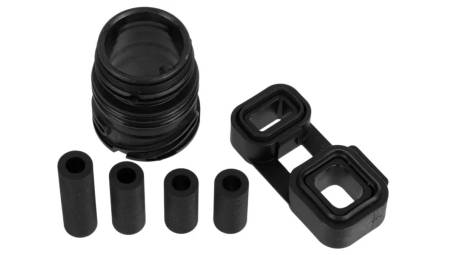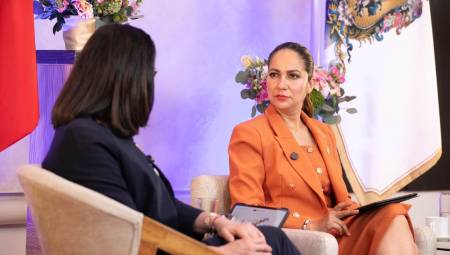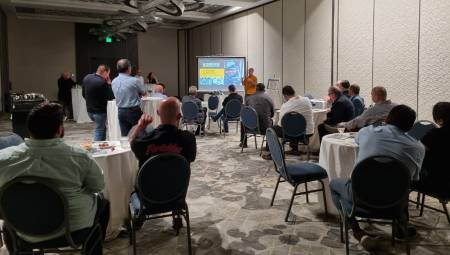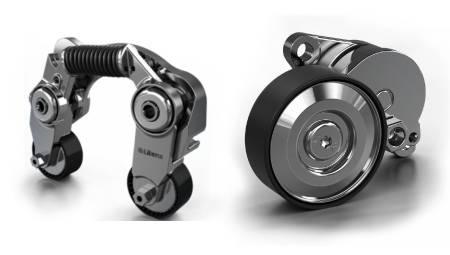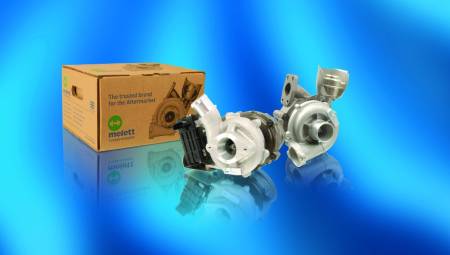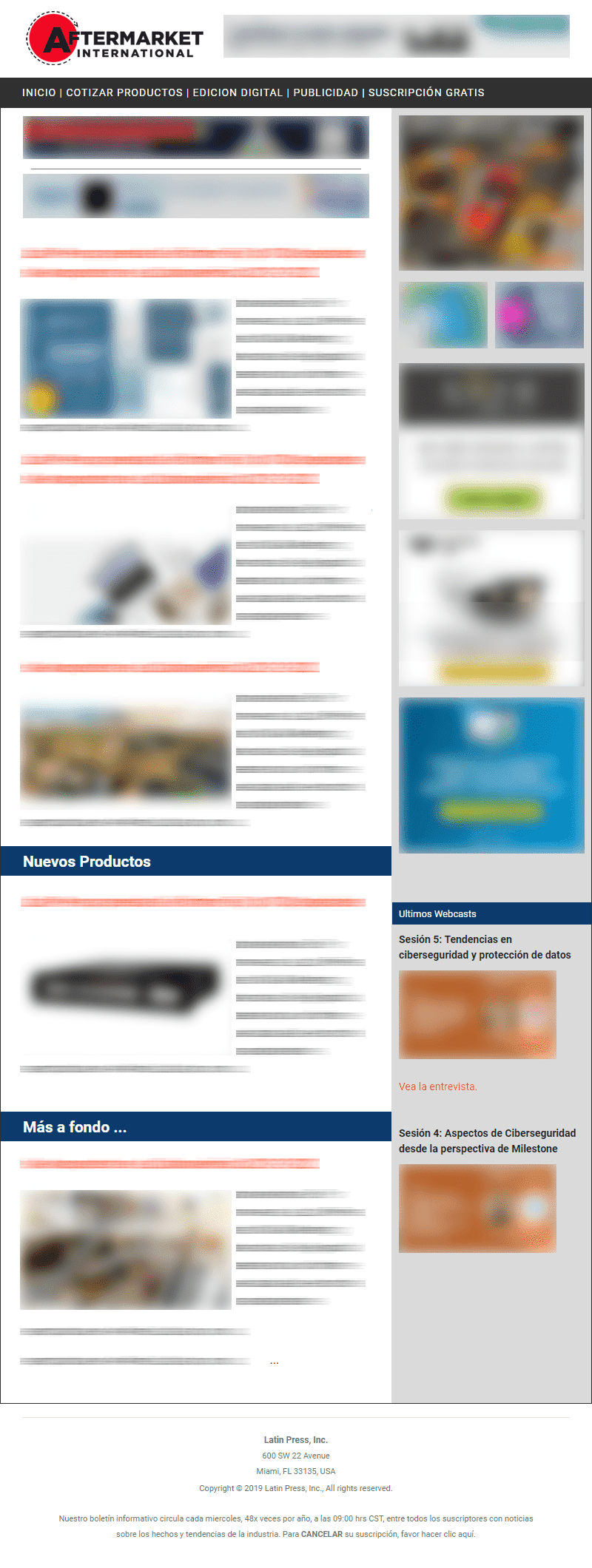United States. The president's statements generate temporary relief in the industry, although uncertainty persists about the direction of his trade policy.
U.S. President Donald Trump announced that he is considering temporary exemptions to the 25% tariffs on imported vehicles and auto parts, with the aim of giving auto companies more time to establish operations within the country.
"I'm considering something to help the auto companies with this. They're switching to parts made in Canada, Mexico and other places, and they need some time, because they're going to make them here," Trump told reporters from the Oval Office.
While he did not offer details on the duration or extent of the potential waivers, his comments sparked an immediate positive reaction in the markets. Shares of General Motors, Ford Motor and Chrysler parent Stellantis NV rebounded after earlier declines.
The tariffs pushed by the Trump administration, which would take effect no later than May 3, have been sharply criticized for their potential impact on prices for consumers and integrated supply chains between the United States, Canada and Mexico. Despite the criticism, the president has defended the measure as part of his strategy to revitalize the national manufacturing industry.
Currently, there is already an exception for vehicles that meet the local content requirements of the North American trade agreement. However, Detroit's big three automakers have been lobbying the White House to expand exemptions and exclude certain low-cost components.
According to sources close to the matter, Ford, GM and Stellantis would be willing to accept tariffs on finished vehicles and key components such as engines and transmissions. But they have warned that the application of blanket auto parts levies could increase their costs by billions of dollars, jeopardize profits and even lead to layoffs, which would run counter to the president's goals.
During the same day, Trump also announced that he is contemplating new tariffs on imported pharmaceutical products in the "not too distant future." In addition, he defended the recent exclusions applied to consumer electronics from China, as a measure that will benefit U.S. companies such as Apple and Nvidia.
"I recently helped Tim Cook and that whole thing," he added, referring to Apple's chief executive. "I don't want to harm anyone. But the end result is that we will achieve greatness for our country."
However, Trump warned that these exclusions will be temporary and that more specific sectoral tariffs will eventually be applied to technology products.




